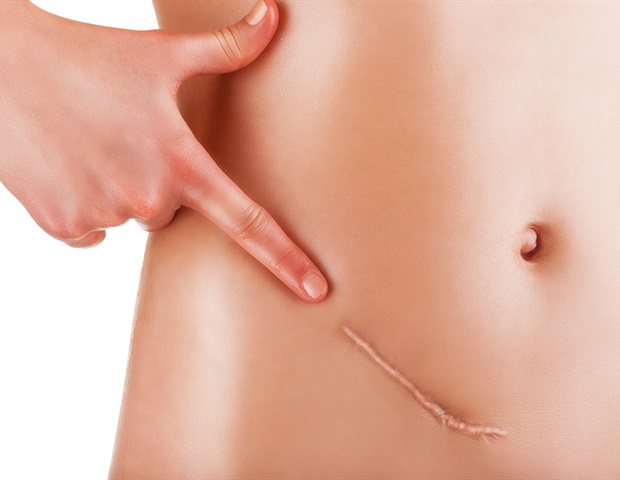Liposuction is a surgical procedure that is done to remove fat from specific body parts using a suction technique. The most common body parts for liposuction are belly, hips, thighs, buttocks, arms, or neck. Liposuction helps shape and contour these areas as well. This process is also known as ‘Lipoplasty’ and body contouring.
Liposuction isn’t usually considered a weight-loss method or a substitute to dieting. For an overweight person, dieting, exercising, and bariatric procedures such as gastric bypass surgery will prove to be more beneficial as compared to liposuction.
If you have excess body fat in certain areas such as thighs, belly, etc. but overall maintain a healthy weight; you are deemed fit for Liposuction.
Are You a Good Candidate?
You should set reasonable goals for yourself. You won’t be able to get rid of cellulite with Liposuction, so if you plan to avoid it, you’re out of luck. Liposuction is a surgical technique having dangers associated with it. As a result, you must be in good health to get it.
- Maintain a weight that is within 30% of your desired weight.
- Have skin that is firm and elastic.
- No smoking.
- Doctors do not advocate the surgery if you have blood flow difficulties, heart disease, diabetes, or a weak immune system.
What Should I Know Before Getting Started?
The first step is to schedule an appointment with your surgeon. Discuss your objectives, options, risks and advantages, and expenses. Ask as many questions as you want.
An experienced surgeon like Dr Siddharth Prakash will offer you information on how to prepare for Liposuction if you decide to go through with it. Diet and alcohol limitations may be among them. He is an alumnus of KEM Hospital, Mumbai and Harvard Medical School, Boston. His years of experience ranks him among the best plastic surgeon in Mumbai.
Any allergies you have and any drugs you’re taking, including over-the-counter and herbal supplements, should be disclosed to your surgeon. Several weeks before surgery, they will likely advise you to stop using certain medications, such as blood thinners and pain relievers.
Risks
Liposuction, just like any major procedure, carries risks of anesthetic reaction. The following points discuss some are some of the major risks linked with Liposuction:
Contour
Irregular fat removal and bad skin elasticity is linked with slow healing. This results in your skin becoming bumpy, wavy, or withered. These modifications are lifelong. Damage to the skin caused by the thin tube (cannula) used during Liposuction may leave the skin permanently spotted.
Accumulation of fluid
Seromas are temporary pockets of fluid that grow under the skin. It’s possible that this fluid will need to be extracted with a needle.
Numbness. In the affected area, you may have temporary or permanent numbness. Only temporary nerve irritation is also common.
Infection
Skin infections are uncommon, although they can happen. A life-threatening skin infection is possible. When opting for a surgeon, make sure you go for the best plastic surgeon in Mumbai or your respective city.
Internal Puncture
An internal organ can be punctured by a cannula that penetrates too deeply. This may necessitate immediate surgical intervention.
Fat embolism
Broken pieces of released fat can get stuck in a blood artery and collect in the lungs or move to the brain. A fat embolism is a life-threatening medical condition.
Problems with the kidneys and the heart
Fluid level shift as fluid is injected and suctioned out can result in potentially fatal kidney, heart, and lung disorders.
Lidocaine toxicity
Lidocaine is a local anesthetic that is frequently injected with fluids during Liposuction to assist manage pain. Lidocaine poisoning, while generally safe, can develop in rare conditions, causing severe heart and central nervous system disorders.
Suppose the surgeon is working on larger areas of your body or performing many surgeries simultaneously, the chance of problems increases. Consult your surgeon about how these dangers may affect you.
Take Home Message
Only the best surgeons will inform you about all the possible risks of liposuction. This is because they are the ones who truly know in depth about the risks and how to prevent them so that you have a safe surgery.







